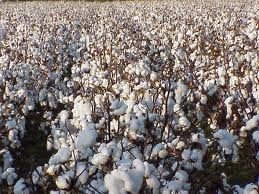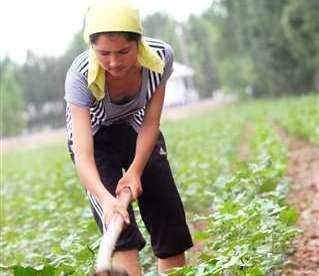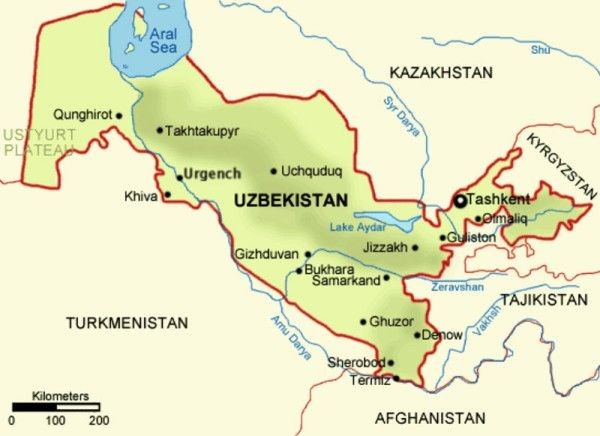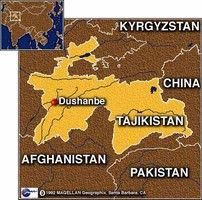Forced labor in Uzbekistan’s cotton industry – a hard nut to crack
TASHKENT (TCA) — Uzbekistan has achieved a remarkable progress in the elimination of forced and child labor in its cotton industry, but Uzbek officials cannot guarantee that the practice will disappear overnight. We are republishing this article on the issue, written by Joanna Lillis, originally published by Eurasianet: There is a palpable buzz in the air in Uzbekistan these days, following a decision by the U.S. Department of Labor to remove the country from a blacklist of cotton producers that rely on child workers. Responding to the decision, as laid out in a Department of Labor report published last week, the Uzbek External Trade Ministry predicted exciting developments. “It will open the path to potential cooperation with leading foreign brands in the textile industry – Gucci, Louis Vuitton, H&M, OGGI, Adidas, Nike and others. It will also create new opportunities to develop exports of textile goods to developed countries, including nations in the European Union and North America, and Japan,” the ministry said. For a country that has faced almost a decade of escalating industry embargoes against its cotton exports, these should be exciting times. Rights groups warn, however, against complacency and say more needs to be done rooting out forced labor before Uzbek cotton’s reputation is fully sanitized. The process of independently vetting standards during cotton-harvesting season, which is currently underway, has fallen on rights activists and, more recently, the International Labor Organization, or ILO. On a recent afternoon in mid-September, a dozen rights campaigners gathered at a Tashkent hotel for an event held under the ILO’s auspices to engage in a debate that would have been unthinkable even just a couple of years ago. The campaigners, who have been registered on the government’s coordinating council on forced labor, included some perennial figures of Uzbekistan’s tiny and beleaguered human rights community, such as Yelena Urlayeva and Sukhrat Ganiyev. Discussions revolved around how exactly forced labor could properly be defined. Do only open intimidation and threats of reprisals apply, or does psychological manipulation count? Positions on this point vary, which is what makes this year’s planned harvest-monitoring exercise noteworthy. “The people who are in the room today will be participating in […] monitoring this year. This is quite a big development. It’s something that builds on the dialogue that we have facilitated with the government since 2017,” Jonas Astrup, the ILO’s chief technical advisor in Tashkent, told Eurasianet on the sidelines of the training event. One of the more nuanced areas for consideration in evaluating the scale of forced labor is the extent to which long-standing traditions of communal work and social mores can be said to apply. Khashar, ostensibly voluntary group labor to help the community, and andisha, an Uzbek term that defies translation but can describe anything from concepts of tact and social conscientiousness to prudence, caution or discretion, are common ways of mobilizing a workforce for large short-term efforts. Labor rights campaigners are under no illusions that their job will be easy this fall, but with campaigners...






